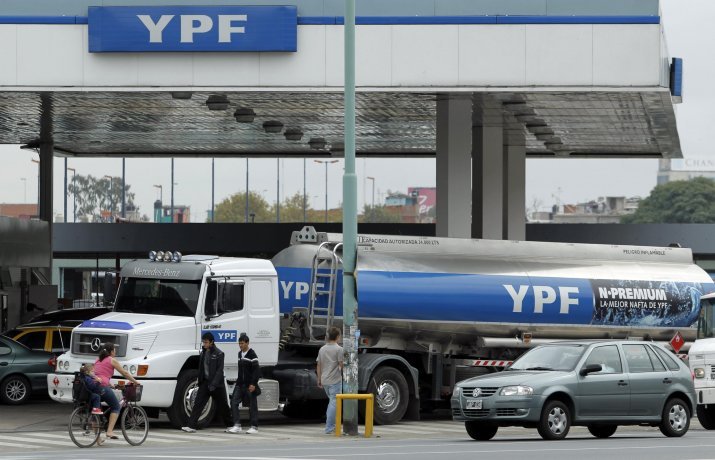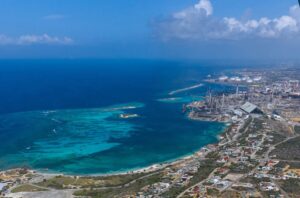
(Upstream, 1.May.2020) — Argentine oil company YPF has appointed industry veteran Sergio Affronti as chief executive, replacing Daniel Gonzalez, amid headwinds from the coronavirus pandemic and the collapse in oil prices.
Affronti built his career in Argentine oilfields in the Mendoza and Neuquen provinces, and in the Gulf of San Jorge, and later headed several overseas units for YPF, including Ecuador.
The new chief executive was responsible for planning strategies for building up a competitive supply chain to service unconventional production in the Vaca Muerta shale, in the Neuquen basin.
Most recently, he had been working as a drilling consultant for other companies working in the region.
Vaca Muerta shale patch
Vaca Muerta is potentially one of the most prolific regions for unconventional production anywhere in the world, but YPF and other operators have had to battle to reduce operating costs to a level that can unlock much higher flows of international investments than the northern Patagonian province has seen so far.
Before the current oil industry crisis, even the most productive fields in the Vaca Muerta were working at a breakeven price of $25 per barrel of Brent crude.
YPF has done its best to give the projects critical mass, in partnership with companies such as Chevron, Shell and Dow Chemical, but the state-backed company posted a net loss of $700 million in 2019.
Demand dwindles
Now, with the coronavirus outbreak, investment plans for the region have been frozen, and could go into reverse.
Domestic demand for oil and gas is running at less than half of normal levels, in response to a government-ordered lockdown.
Leading refiners YPF and Shell-backed Raizen also suspended operations, forcing producers to close more wells.
Exporters, including YPF, Shell and Chevron, are keeping up some shipments but facing the global meltdown in global demand too.
One of the fields where output was halved was Loma Campana, a flagship shale oil project run jointly by YPF and Chevron, due to a lack of storage options.
Shell, Vista Oil & Gas, ExxonMobil and BP-controlled Pan American also cut production, according to local industry sources.
Talks ongoing
Production Minister Matias Kulfas said in a television interview that the government is in talks with oil producers, refiners, labour unions and provincial governments to establish a productive system that will be sustained at lower prices.
“We must see how we can avoid a collapse in local production, which today is in excess in Argentina. The refineries are full, and it is necessary to avoid that the oil operating companies decide to suspend rigs because it will not easy to recover them later,” he said.
In terms of direct benefits or incentives, Kulfas hinted that the government will concentrate on the farm sector, which is Argentina’s biggest earner of foreign currency.
Argentina’s oil production had been ramping up slowly before the pandemic, due to growth in the Vaca Muerta region in northern Patagonia, and output was standing at 516,000 barrels per day in February, according to the Energy Secretariat.
Government forecasts in place before the crisis suggested that the Vaca Muerta could be producing 1.1 million bpd by the end of the decade.
Funding problems
Funding the Vaca Muerta investments is likely to become even more difficult, with Argentina’s economy forecast to shrink by 5.2% in 2020, compared with last year, according to the International Monetary Fund (IMF).
Industry sources in Argentina see the appointment of Affronti as a move by Argentine President Alberto Fernandez to put exert more influence on the oil company, following his election victory against ex-president Mauricio Macri, a believer in the virtue of market forces.
Fernandez named economist Guillermo Niesen as chairman of YPF soon after taking office and has now replaced Gonzalez, a banker, with Affronti, an oil industry veteran.
The Fernandez administration is also struggling to roll over about $83 billion in debt and recently delayed payments on $10 billion worth of domestic bonds.
Argentina’s $57 billion bailout in 2018 was the largest in the IMF’s history.
— By Gareth Chetwynd in London
***

